My industry friend, Dan Winters, passed away recently. It was an incredibly sad loss on all sides. From what I know, he spent his career practicing what I talk about in this post – loyalty to people over loyalty to institutions, investing in long-term relationships with others regardless of role. The industry response to his death on social media, the industry press and my conversations with friends all show me the same basic truth. It isn’t your company that mourns you or remembers you, your resume won’t weep for you. It’s the people you interacted with who miss you and mourn you and express gratitude for your deeds, your kindness, your decency.
Our industry, the global video game industry, racks up impressive numbers. When I started working in games, the global game industry was worth less than $10 billion. Everyone thought that was impressive, but it was nothing. In 2018, according to Newzoo, the industry will be worth $137 billion globally. And even though the numbers have grown larger and there are thousands more game studios than ever before pumping out new content – this industry, our industry, is still a pretty small universe on the business side. For example, there are probably only several hundred people that everyone must know to get deals done. They may be gatekeepers or decision-makers but without them it can be difficult or impossible to unlock the resources to make your next game. But once upon a time, they all came from more humble roles where not everyone treated them well or with respect.
The most fascinating thing about all this industry growth to me is the relentless spin cycle of the industry. By which I mean the cycle of career reincarnation that goes on every year as people change their roles and their lives. Nearly everyone I know in the game industry from those early days is doing something else today. Most of my older contacts are on their third or fourth role in games. People I knew when they were Art Leads are Creative Directors or CEOs today. People I knew as CEOs of studios are now working on the publisher side in production or in business development. Some developers I know transformed into publishers and have been successful at that. Some people who were publisher side people are now working for a new platform or started their own game related company. Biz-dev people at small upstart publishers now work at big behemoth publishers. And some people I know left game publishing and went to work licensing well known entertainment IP to the industry. Many people I knew as struggling developers were acquired – a few have done that more than once. And now those people have the means and sometimes the inclination to bet on their former employees who start their own studios. In your own universe of contacts on LinkedIn, I’m sure you have the same story. People you built a relationship with in one role have moved on to other things in games – not necessarily bigger and better – but always onto something new.
So here is the tip – karma is a real thing in the game industry – be mindful of how you treat others. Doing so may save you and your studio one day. Your fate tomorrow may be in the hands of someone who works for you or is your struggling vendor today so be conscious of it. Think of it this way, in this industry you have a relationship with people, not with their roles which are fleeting and transitory. It’s so important for you to treat everyone with the long-term relationship in mind. A game industry career is like a Ferris wheel. Sometimes you are on top and sometimes you aren’t. It doesn’t matter where you are on the industry food chain today – if you are doing well that’s wonderful – I urge you not to get a big head about it. In a few years, you’ll likely be somewhere else and so will everyone else you deal with today.
When I was in a senior biz-dev role at a major publisher and platform, a good portion of my job was to deliver bad news to people. Saying “no” in some fashion is a daily ritual in a publisher biz-dev role. I mean, that’s the role you must play. The few times I got to say “yes” hardly made up for having to tell rough news to developers. I also had to fire studios for various reasons. Once I had to fire a studio twice on the same day – ouch! When you dismiss a studio from a paying contract, it can become an existential crisis for them. As I said in my previous post about Always Doing Biz-Dev, it can take 6 months to a year for a studio to get another deal after losing one suddenly. But most developers do not have the financial cushion to ride out 6 months. Understanding the consequences to a studio, I always tried to advocate for the most generous break-up fees possible within the company or tried to negotiate a gentle path for a developer to recover their IP or sell their prototype. Sometimes, I couldn’t get what I asked for and my organization pushed back for pragmatic reasons. But the point is when my friends at a development studio needed an advocate inside the publisher – I always tried to use whatever political capital and influence I had to help that developer whether they knew that or not because it is the right thing to do. Today I can honestly say that my current company is built on the backs of my strong relationships with developers from those biz-dev days even the ones who received bad news from me when I was in my role.
I realize it could be considered controversial, but this is what I believe and offer to others as a guideline: prioritize loyalty to people in the industry beyond loyalty to institutions. Why is that? Companies will make decisions that hurt other companies (and therefore people) not out of malice but out of pragmatism. Companies can hurt or betray you too. They can lay you off. They can run themselves into bankruptcy and leave you high and dry. They can put a no-op putz on top of you to make your life hell. Aren’t these familiar scenarios to anyone in the industry? But your relationships with others in the industry are your true safety net. Your contacts in the industry are the level up game in this RPG we call a game industry career. They are the people you call who offer you jobs, leads, investment, advice and refer you to others. The industry has karma because everyone including yourself is reborn into other roles as time goes on. This game isn’t finite. This game is infinite. So, don’t treat people as if they are their roles or as if the game will end with the current deal. It won’t. Invest in people, treat everyone well and know that people tomorrow will remember everything you do and say today.


